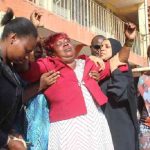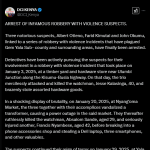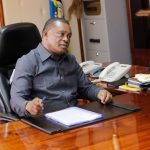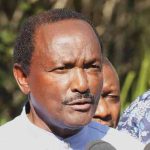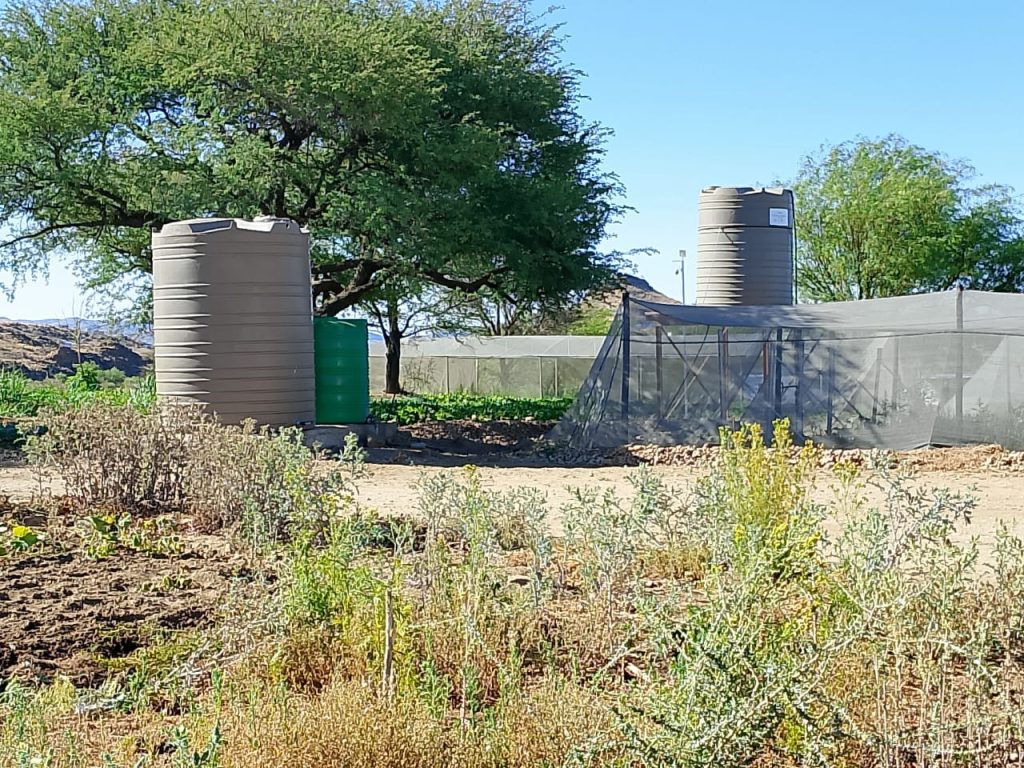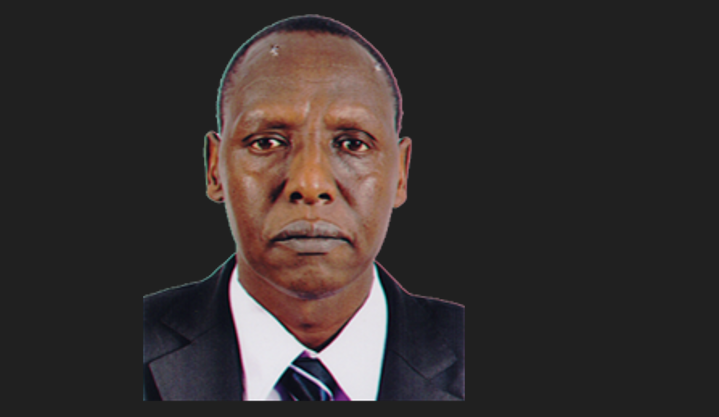By Judith Akolo
It is hot in Windhoek, very hot. The clear skies make it feel like the sun is right on the forehead and scorching from there, the blue hue that stretches across the sky into the horizon is blinding. The air into the nostrils is stinging hot and dry. Several empty bottles of water can attest to this baking heat, you down one bottle and only last a few minutes and need some more water.
We head to Farm Okukuna, from the Windhoek Aquifer passing through shrubs and dry acacia trees. At the urban model Farm Okukuna, everything suddenly changes, to some cool air and a lot of farming of horticultural produce. The trees grown on the farm provide much needed shed creating a microclimate amid the heath and dry environment. The main source of water is ground water, pumped using solar power, what with the abundant sunshine that can literally bake a cake in the open.
According to James Kalundu the Manager in charge of Social Affairs and Youth Development Division, in the City of Windhoek, Farm Okukuna is a training facility for urban agriculture and crop production located in Goreangab Dam. The farm began as a training ground for people from vulnerable backgrounds and who suffer high poverty levels and are also jobless. “Most of the them come from the informal settlements, with no source of earning” says Kalundu.
He notes that, the trainees are trained on rainwater harvesting, use of grey water systems, composting refuse from toilets for use as manure, issues of food and nutrition, “as well as the development of micro-enterprises and marketing support, are part of the project,”
They are trained in how to grow the various crops on the farm distributed in over eight greenhouses, animal husbandry and have started with poultry keeping, as well as growing fruit trees, under the fruits for food program. “We know that once food is taken care of among the vulnerable individuals, the problem of poverty is half solved,” he says and adds, “for us, the approach is ensuring a balanced diet of carbohydrates, protein and vitamins is realized at Farm Okukuna.”
Most of the food grown at Farm Okukuna is organic food, free of most of the conventional agricultural chemicals, this he says is aimed at ensuring that the food is nutritious and free of residues that could cause ill health.
It is an agribusiness entity as all the food grown on the farm cannot be consumed all of it, and so the City of Windhoek administration is looking for a market for the agricultural produce which is mainly organic, and “we at times have more demand that we can supply because the market knows that food from Farm Okukuna is fresh and organic,” says Kalundu.
Among the products produced on the farm, is compost, seedlings and natural pest repellents.
One of the beneficiaries Fredrick Zacharia 47 years sees the program as a godsend, as it came in handy when he had no job after returning from South Africa where he worked as a labourer, when he returned to Windhoek he was trained at Farm Okukuna and he now grows various foods including beetroot, onions, spinach and also rears poultry.

“I used to make bricks for the construction sector in South Africa, and when I returned, there was nothing I could do and I have a family,” says the 47 years old, “with this program we have hope because we are able to feed our families and also sell our produce to make some money.”
Kalundu offers that, while it was free from the beginning, the program now requires that beneficiaries enter into an agreement with the City of Windhoek so that there is commitment to working, growing crops and selling them to earn an income for self-development.
At Farm Okukuna is a definition of adaptation to climate change, using ground water, the City of Windhoek has changed what would have been desolate barren land, to a productive farm, that is feeding many households while at the same time creating a microclimate amidst the very dry environment.
Farm Okukuna was established by the City of Windhoek and the World Future Council to improved food and nutrition security in Namibia’s capital. The City has provided three hectares of land in the informal settlements where the local Eloolo Permaculture Initiative runs the Permaculture course. It is aimed at aiding Namibians in taking part in shaping their environment to become more abundant and resilient in the face of environmental, climate and economic challenges. It seeks to develop urban Permaculture farming methods that are adapted to the challenging Windhoek climate.
Farm Okukuna was started in 2018 as a project of three partners. The World Future Council, funded by the Liselotte Foundation, was responsible for management and fundraising. The Eloolo Permaculture Initiative facilitated training. The City of Windhoek, who owns the land, acted as a landlord, providing the land, security and water.

